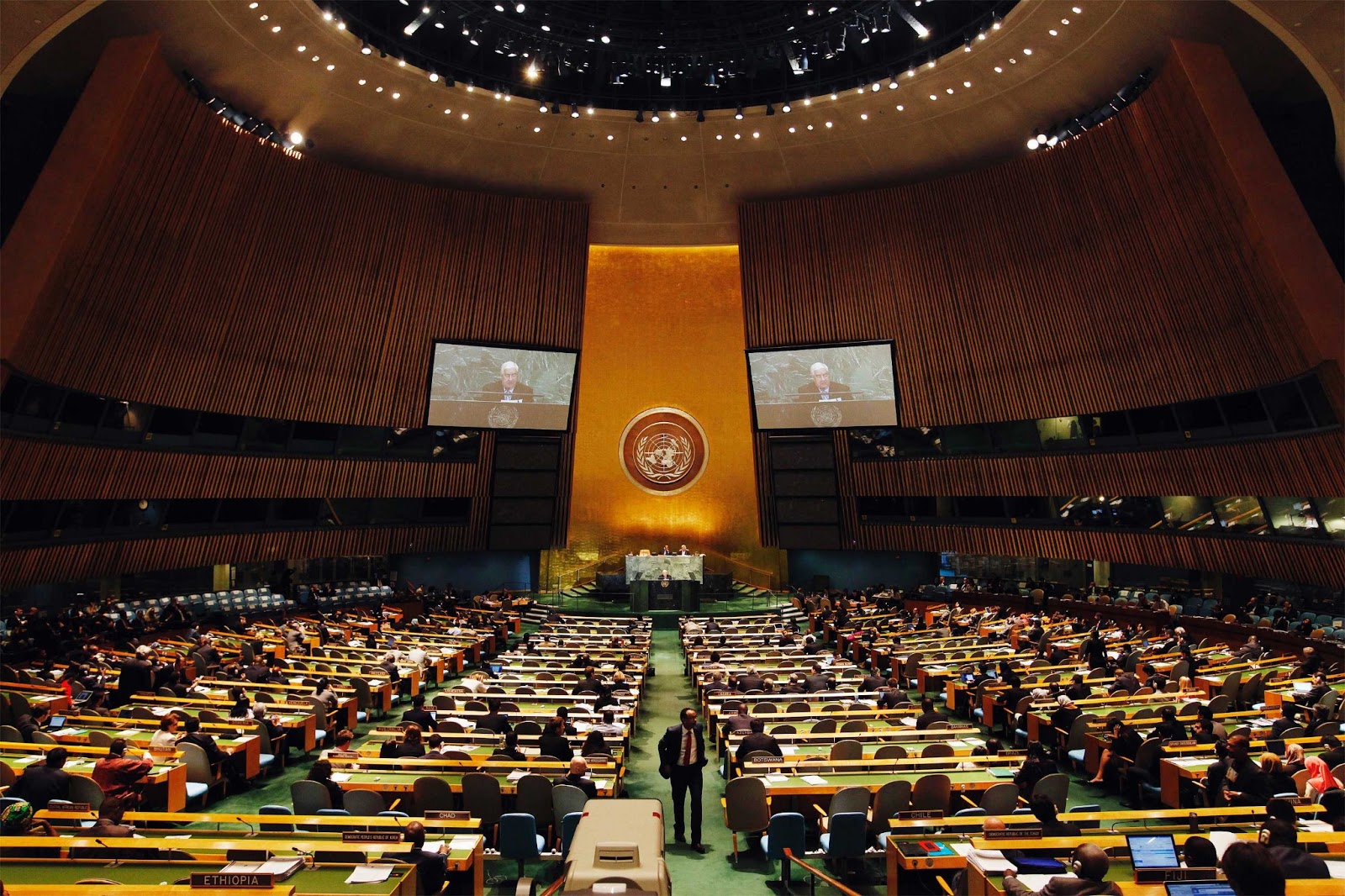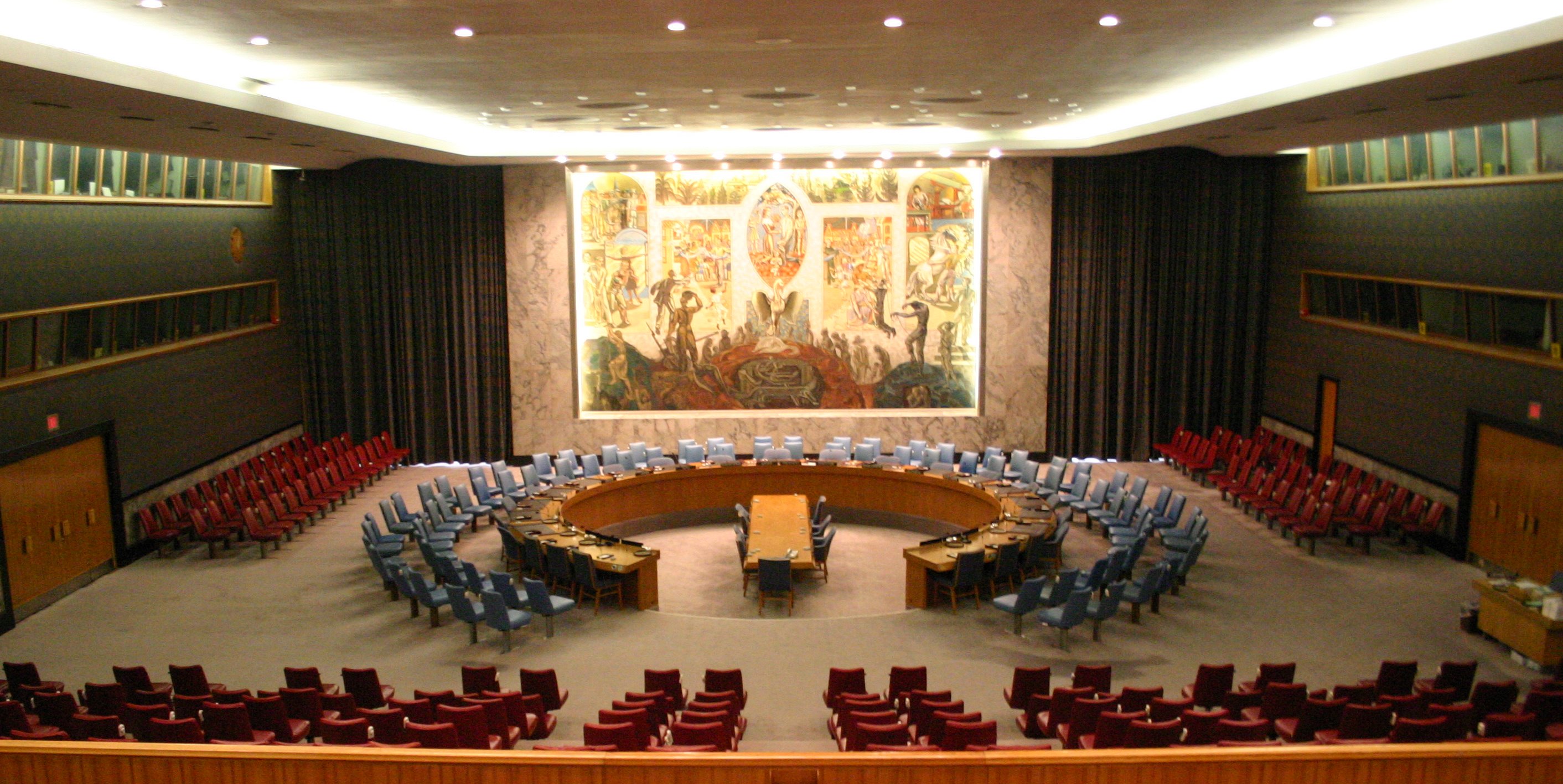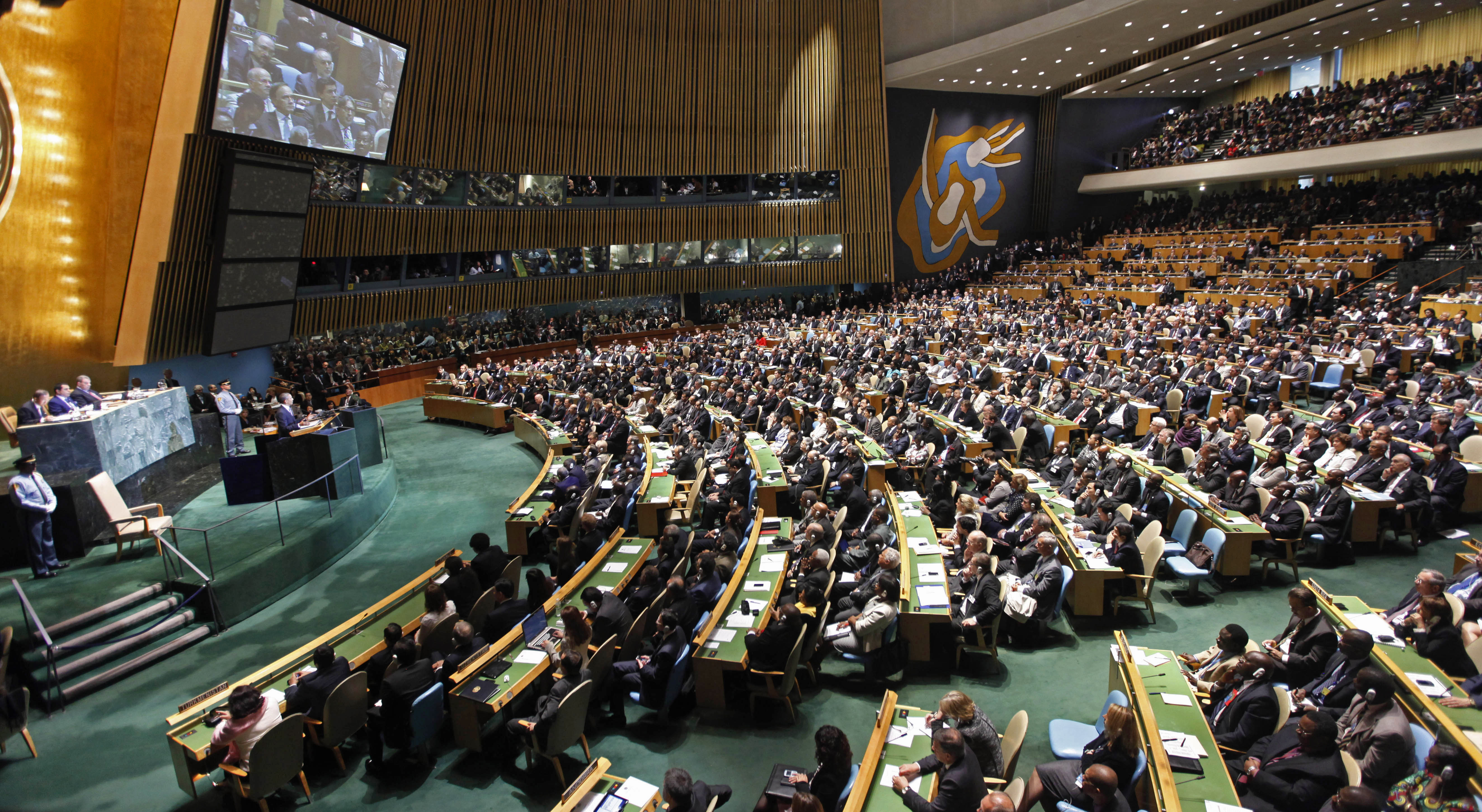The conventional approach to least developed country (LDC) graduation has considered these countries as an undifferentiated group whose problems could be solved by means of similar measures focusing on domestic and international liberalisation, preferential aid allocations, and the promotion of their exports by means of trade preferences and free market access. This paper tries to go beyond this analytical and policy tradition and attempts to identify different LDC clusters in which underdevelopment is caused by specific economic and social conditions, and for which the solution depends not only on traditional support measures, but also on the implementation of differentiated, country-specific policies sensitive to the local context.
CDP Background Paper series

This paper aims to draw insights from New Structural Economics by applying its practical policy tool - the Growth Identification and Facilitation Framework (GIFF) - to least developed countries (LDCs) with a special focus on the case of Uganda. The GIFF offers practical development paths for enabling developing countries to follow comparative advantage in its industrial development and to tap into the potential of advantages of backwardness in industrial upgrading in an effort to achieve sustained and dynamic growth. After a brief introduction of the GIFF, we present an overview of Uganda's recent economic and social performance and analyse Uganda's factor endowments, i.e., land (or natural resources), labour and capital that can be used in the production process. After identifying tradable goods and services which would fit Uganda's latent comparative advantage, we diagnose sector-specific binding constraints in starting and scaling up the selected subsectors and discuss how to remove or mitigate these key constraints. Finally, we conclude with main findings and policy recommendations. The takehome message is that developing countries should not focus on what they lack but what they have when formulating their development strategies.

Economic growth, environmental sustainability and human development in the Solomon Islands have lagged much of the Pacific region since independence in 1978. Trade contributes insufficiently to development, partly because of the dominance of the logging industry but also due to the lack of emphasis on building productive capacities with a view to economic transformation toward higher productivity activities. Targeted soft industrial policies may help address these shortcomings, in the form of sectoral prioritisation; linkages policies; joint government-donor support to build appropriate infrastructure; and the development of human resources in specific areas. Government institutional capacity will only be allowed to improve if policymakers are permitted true ownership over policies and if they are allowed to make mistakes.

Institutional constraints prevent the Least Developed Countries from fully utilizing the trade-related International Support Measures provided by development partners. A cost-benefit analysis has been developed as a methodology to identify institutional constraints and prioritize support measures comparing benefits with costs, based on survey data. Applied in Uganda, it identified critical institutional constraints: limited knowledge on how to access most of the assistance; inadequate institutional arrangements; ineffective communications regarding the use of support measures. International support measures related to sanitary and phytosanitary issues, among others, are expected to increase the trade value in Uganda.

There are significant threats to sustainable food security and nutrition in the long-run, including demographic and environmental pressures and changing business practices in agriculture with the emergence of global values chains. The global nature and public good aspects of the challenges require coordinated responses and urgent improvement of the global governance of food security. This paper argues for the strengthening of the Committee on World Food Security to ensure greater coherence in the global approach to food security and the multilateral trade, financial and environmental regimes.

Many intergovernmental processes, including the Istanbul Programme of Action, the post-2015 Development Agenda and the Addis Ababa Action Agenda, call for a significant increase in ODA toward LDCs. However, even if the commitments were fulfilled, their effectiveness could be minimal if no significant changes are made in the way in which donors allocate and provide ODA. LDCs are among countries with higher levels of aid-dependency, proliferation of donors and aid fragmentation. The purpose of this paper is to discuss the role that ODA can play in the development process of LDCs and the way in which aid should be allocated among countries.

This paper proposes a bottom-up, multi-layered and multi-stakeholder framework for the accountability of the post-2015 agenda. It would be built upon national follow-up processes supported by the UN country teams, and complemented by consultations (and possibly peer reviews) at the regional level, and global accountability exercised by the High-Level Political Forum (HLPF), with support from the ECOSOC system, UN organizations and other relevant international organizations. It would also be accompanied by parallel accountability mechanisms for civil society and the private sector as key partners in the achievement of the post-2015 development agenda.

The increasing problems associated with international migration call for nations to manage migratory flows in a more realistic way both at national and international levels. However, global initiatives undertaken to date in this field have seen very limited success. This paper adopts a political economy approach for identifying the interests of affected social groups with a view towards building feasible policy responses. A dual proposal for global governance of migration is suggested, based on a combination between the establishment of universal minimum standards and the promotion of bilateral and regional interaction driven by problem-solving goals.

The success of the post-2015 development agenda depends on adopting global goals for sustainable development and on designing a robust accountability system. All stakeholders should be involved in the accountability framework. While sustainable development goals (SDGs) are universal in character, they need to be adapted to national contexts, according to specific sets of constraints and opportunities. Countries need also to specify their global commitments to create an enabling environment for sustainable development worldwide. The adaptation of global goals into national targets ensures ownership and facilitates answerability, thus promoting an accountability framework that is inclusive, transparent and participatory bottom-up process.
 Welcome to the United Nations
Welcome to the United Nations